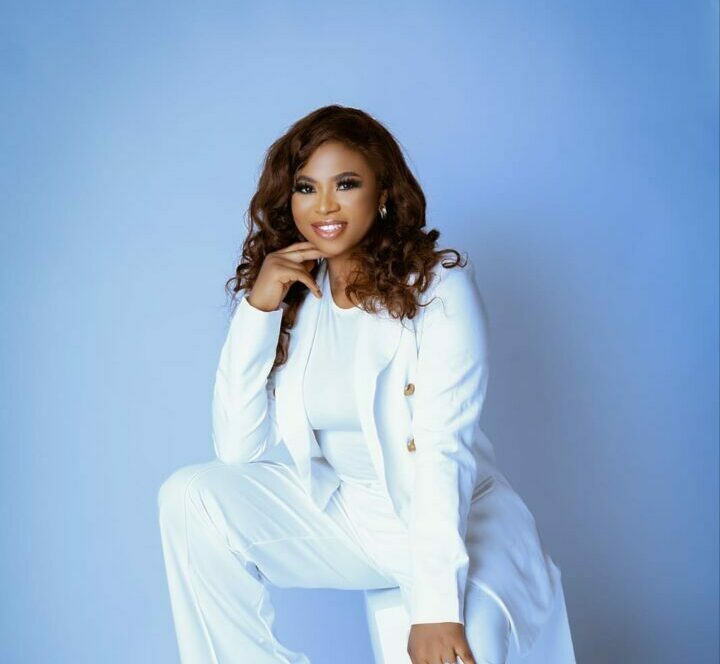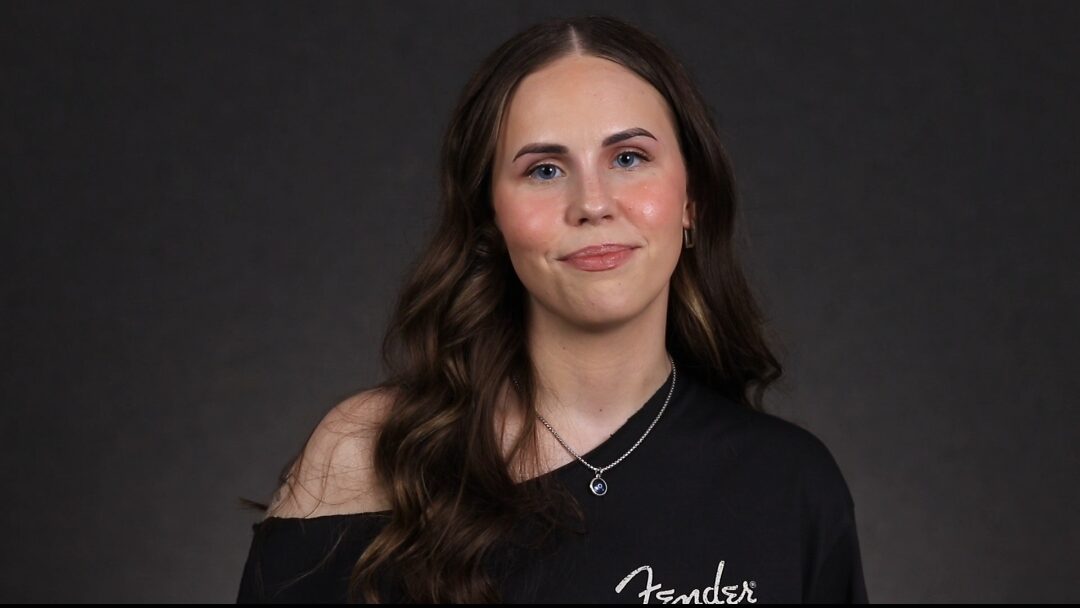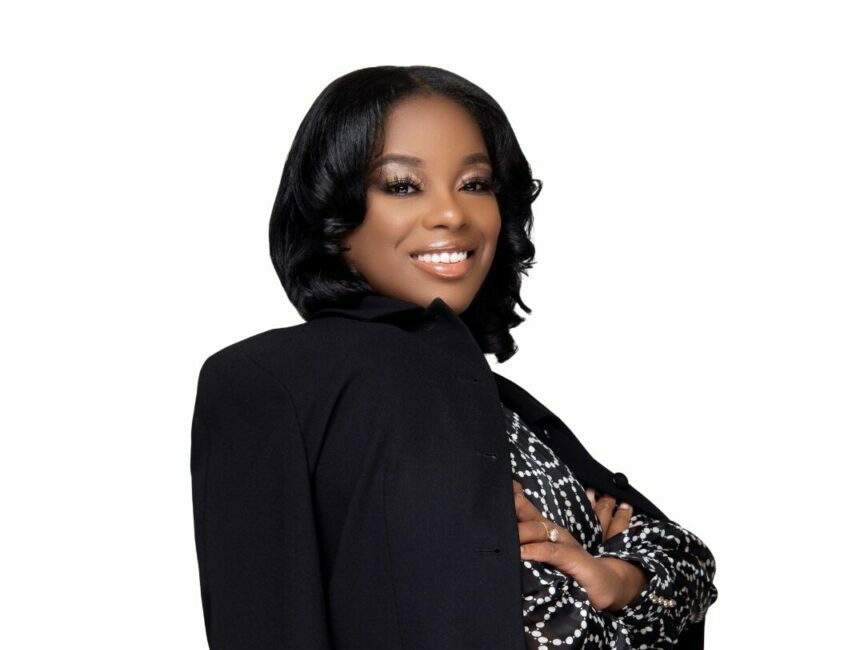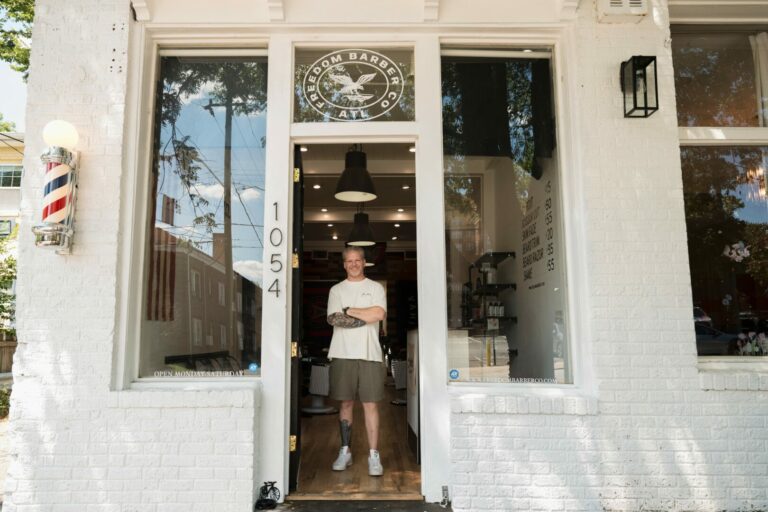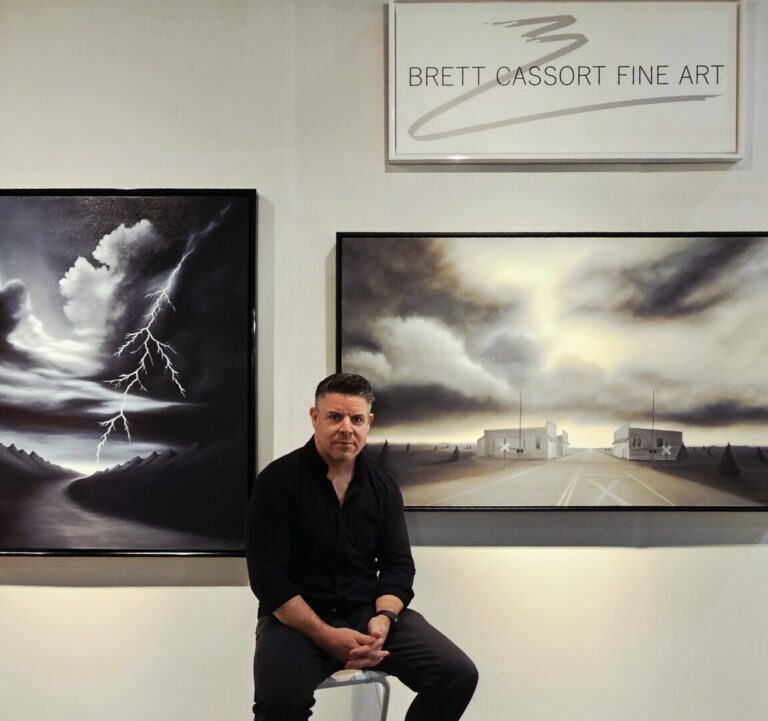We’ve got some of the most incredible artists, creatives and entrepreneurs in our community and we are constantly shocked by how prevalent imposter syndrome is. So many incredibly talented folks are haunted by self-doubt by a society that often tells you not to think too highly of yourself, but in order to have the strength to take on big challenges and make meaningful change in the world you’ve got to believe in yourself and so we wanted to create a space for conversations around overcoming imposter syndrome.
Candice Renner

Overcoming imposter syndrome wasn’t an overnight process, but a combination of mindset shifts and proactive steps really helped me build confidence. One of the biggest things was surrounding myself with community. I made a point to network with other planners and vendors, which reminded me that I wasn’t alone in feeling that way. I wasn’t afraid to ask questions or admit when I didn’t know something, and I quickly realized that most people in this industry are incredibly supportive and willing to share their knowledge. Read More>>
Briana Garrett
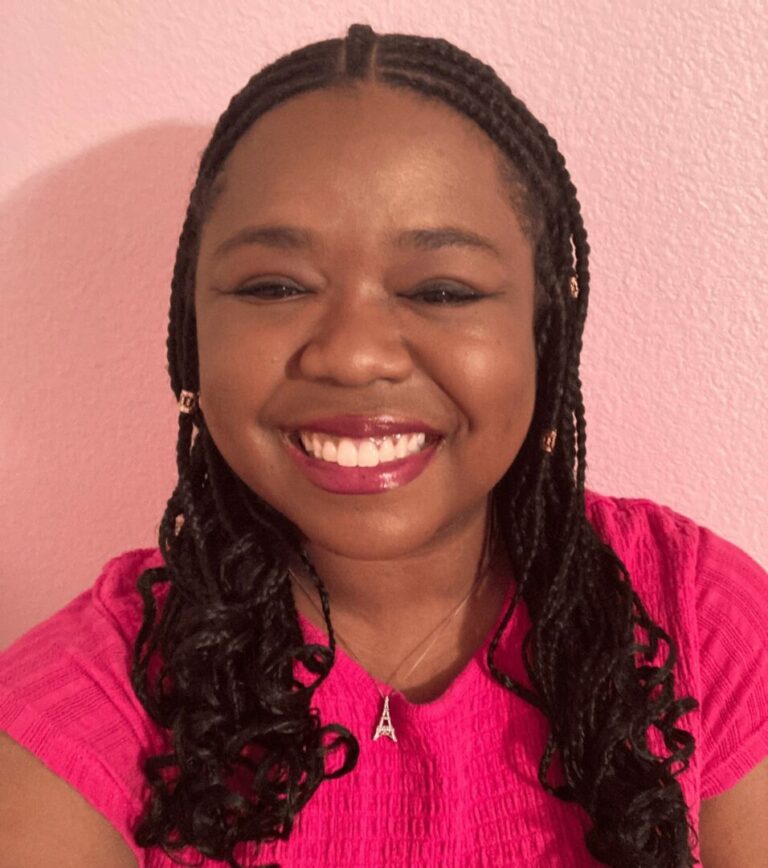
Deciding to publish Love Be Damned independently after walking away from traditional publishing was challenging, and I was definitely riddled with self-doubt and imposter syndrome. There were a lot of times I felt like I was a fraud because I was choosing to walk away from an opportunity that could have changed the course of my career. I didn’t want people to think I was doing this because I was incompetent or because I “wasn’t good enough” although admittedly sometimes it felt that way. Read More>>
Juliana Mora

I don’t think imposter syndrome ever fully goes away. I believe even the most successful people feel like imposters from time to time. But I try to see it as a sign that I’m still pushing myself and stepping outside my comfort zone, which means I’m growing.
When that feeling creeps in, I try to step back and look at the facts—like, what have I actually accomplished? And sometimes I’ll think about how I’d respond if a friend said they felt like an imposter. I’d never agree with them—I’d remind them of all the great things they’ve done. So I try to give myself that same energy. It’s not always easy, but it helps. Read More>>
Lisa Cohn

I signed my first lease on an esthetician suite exactly three years ago from the date of writing this. Once the excitement and adrenaline of this new adventure faded, imposter syndrome hit me like a brick.
Owning and operating a business is not something I ever imagined for myself. The fear of failure, the self-accountability, the initial slow growth, all of this led to a negative inner voice. “Maybe you’re not good enough” played over in my head at every new hurdle. Read More>>
Andrea Enger

I overcame impostor syndrome by shifting the focus from myself to service. Everything changed when I stopped worrying about being “good enough” and started thinking about how to show up fully for my couples. I also surround myself with other creatives who remind me that we all start somewhere and that growth never stops. Whenever self-doubt creeps in, I ground myself by comparing my growth to the version of me from 5 or 10 years ago. That perspective keeps me centered on my journey and helps me tune out the noise of comparison. Read More>>
Celeste

I started my photography business in May of 2024 and have always been drawn to capturing moments for other people. When I considered pursuing photography beyond being a hobbyist, I fell into the downward spiral of endlessly scrolling Instagram to see what the market was like in my area. Being in a state that is a destination for elopements and travel weddings, my market is heavily saturated with talented photographers who have been in this profession for half of my lifetime, or had a TikTok/reel go viral and are now booking into 2027. Read More>>
Tiffany Nixon

Imposter syndrome is the worst!
It’s deeper than the fear of being judged; it’s the fear that their judgments might be right.
So we end up condemning ourselves before anyone else gets a chance to.
It shows up when we’re afraid of seeming imperfect, or like we don’t have it all together, or don’t have all the answers.
But perfection is an illusion, and impostor syndrome is the lie that keeps us from reaching for the stars. Read More>>
Erin Bennett

Part of imposter syndrome is thinking that it’s something that most people think they have, but that you *actually* do. Imposter syndrome is something I’m struggling to overcome, and having realized that it’s a struggle for a lot of people is, in a weird way, comforting. That we’re all in this together, many of us giving this career a shot despite that insistent voice which says you’re about to be found out. The difference between me at the beginning of my career and this point in my career, 12 years in, is that the insistent “not good enough” voice is an old friend, and I recognize her, and I can show her a seat in the other room and close the door on her, while I enter the room and do what I have to do. In the beginning, that “not good enough voice” was often in the driver’s seat, and over the years I’ve gotten better at putting her in the backseat. Read More>>
Kadie DiCarlo
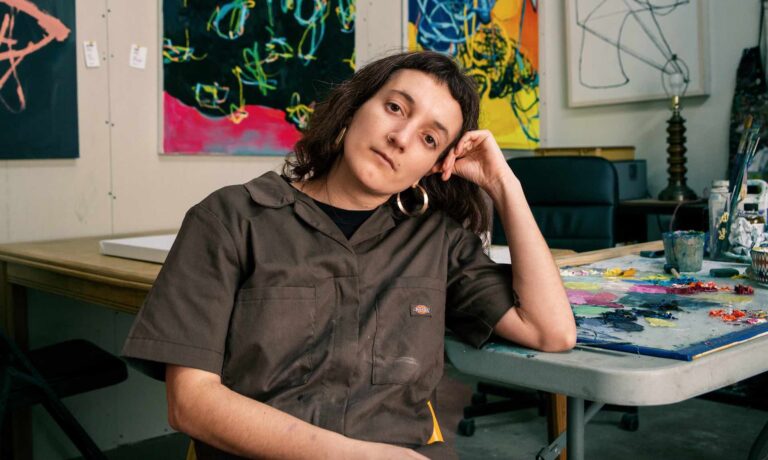
Overcoming imposter syndrome is a skill that I have to continue practice daily. I’ve realized that regardless of how I perceive myself, there’s concrete evidence that I’m putting visual art and music into the world- therefore I’m not an imposter! I have to remind myself of this- that I’m not making creating just for other people. My reason ‘why’ must always be to create simply for the sake of creating something that is interesting or meaningful to me. Read More>>
Ruthanna Halprin Hopper

Overcoming impostor syndrome, for me, isn’t so much a destination but an ongoing process—an unfolding practice of claiming my place in the world, of stepping into my right to be seen and heard. It’s a continual journey of reclaiming my rhythm within the larger dance of life, and recognizing that my worth isn’t about being “special.” It’s about being part of the flow—one thread in the ever-evolving tapestry of human expression. Read More>>
Sarah Hawley

Burnout became one of my most transformative teachers. For years, I approached business the way I thought I had to: emulating masculine energy, constantly driving forward, and saying yes to obligations out of a sense of duty rather than true desire. After facing significant burnout when my tech company, Growmotely, didn’t unfold as I’d envisioned, I was forced to pause and reflect deeply on how I’d been living and working. Read More>>
Allie Russell

As a journalist, I avoid burnout by chasing things that really inspire me. Whether it’s diving into a story about an artist I admire or following a creative instinct for a future idea, I find energy in the work when it feels meaningful. I also try to balance intense periods of writing or editing with moments of rest to redirect my thoughts – listening to new music, reading other writers’ work, or even just stepping away completely for a while. Burnout tends to creep in when I lose sight of why I started, so I make it a habit to reconnect with the things that excited me about storytelling in the first place. Read More>>


